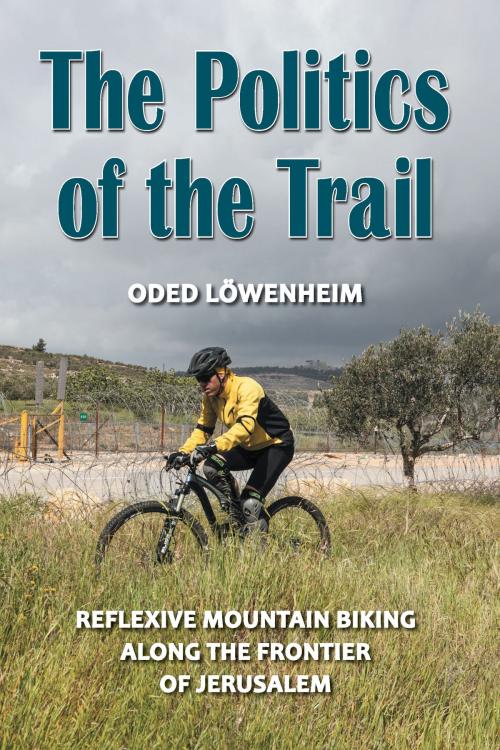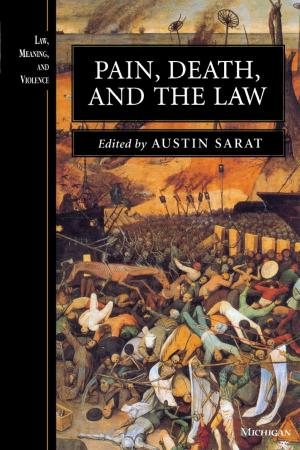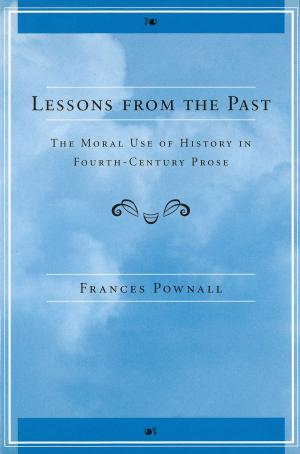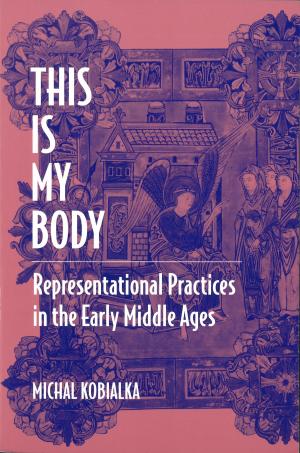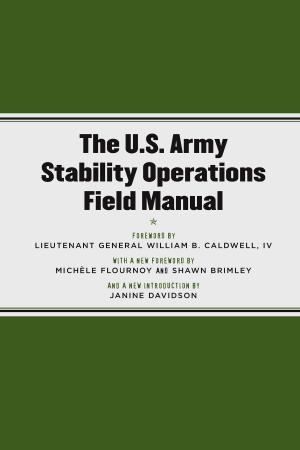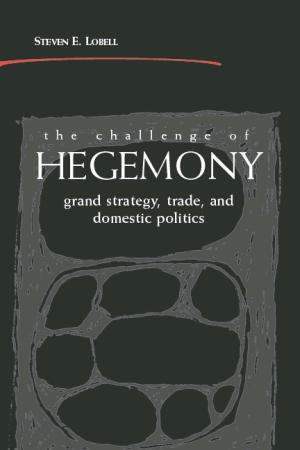The Politics of the Trail
Reflexive Mountain Biking along the Frontier of Jerusalem
Nonfiction, Social & Cultural Studies, Political Science, International, Biography & Memoir, Political| Author: | Oded Lowenheim | ISBN: | 9780472120284 |
| Publisher: | University of Michigan Press | Publication: | May 14, 2014 |
| Imprint: | University of Michigan Press | Language: | English |
| Author: | Oded Lowenheim |
| ISBN: | 9780472120284 |
| Publisher: | University of Michigan Press |
| Publication: | May 14, 2014 |
| Imprint: | University of Michigan Press |
| Language: | English |
Each day, as Oded Löwenheim commutes by mountain bike along dirt trails and wadis in the hills of Jerusalem to Hebrew University, he feels a strong emotional connection to his surroundings. But for him this connection also generates, paradoxically, feelings and emotions of confusion and estrangement.
In The Politics of the Trail, Löwenheim confronts this tension by focusing on his encounters with three places along the trail: the separation fence between Israel and the Palestinians; the ruins of the Palestinian village Qalunya, demolished in 1948; and the trail connecting the largest 9/11 memorial site outside the U.S. with a top-secret nuclear-proof bunker for the Israeli cabinet. He shares the stories of the people he meets along the way and considers how his own subjectivity is shaped by the landscape and culture of conflict. Moreover, he deconstructs, challenges, and resists the concepts and institutions that constitute such a culture and invites conversation about the idea of conflict as a culture.
Each day, as Oded Löwenheim commutes by mountain bike along dirt trails and wadis in the hills of Jerusalem to Hebrew University, he feels a strong emotional connection to his surroundings. But for him this connection also generates, paradoxically, feelings and emotions of confusion and estrangement.
In The Politics of the Trail, Löwenheim confronts this tension by focusing on his encounters with three places along the trail: the separation fence between Israel and the Palestinians; the ruins of the Palestinian village Qalunya, demolished in 1948; and the trail connecting the largest 9/11 memorial site outside the U.S. with a top-secret nuclear-proof bunker for the Israeli cabinet. He shares the stories of the people he meets along the way and considers how his own subjectivity is shaped by the landscape and culture of conflict. Moreover, he deconstructs, challenges, and resists the concepts and institutions that constitute such a culture and invites conversation about the idea of conflict as a culture.
